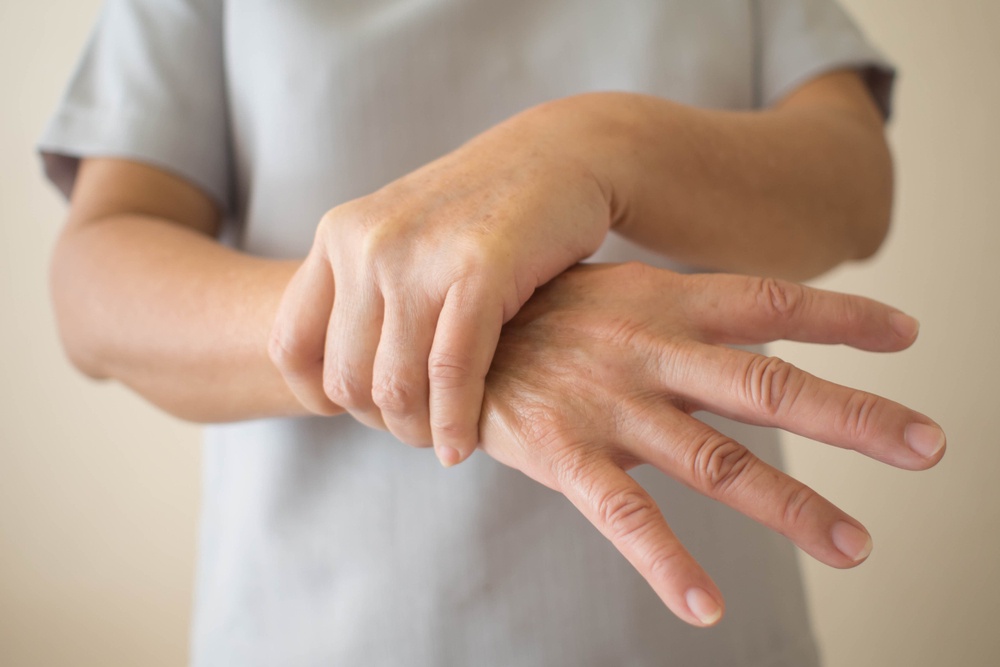Movement disorders can be confusing and frightening for those experiencing them. In this article, we will delve into the causes and symptoms of movement disorders to provide a clear understanding of these conditions. If you or a loved one are experiencing symptoms of a movement disorder, it is crucial to seek evaluation by a movement disorder specialist in Coimbatore
What Are Movement Disorders?
Movement disorders encompass a wide range of conditions that affect a person's ability to move in a coordinated and purposeful manner. These disorders can manifest as tremors, jerky movements, muscle stiffness, or difficulty with walking and balance.
Types of Movement Disorders
Parkinson's Disease
Parkinson's disease is one of the most well-known movement disorders. It is caused by the gradual loss of dopamine-producing cells in the brain, leading to symptoms such as tremors, bradykinesia, and muscle rigidity.
Huntington's Disease
Huntington's disease (HD) is a rare, hereditary neurodegenerative disorder that affects the brain. It is caused by a genetic mutation in the HTT gene, leading to the production of a faulty form of the huntingtin protein. This leads to uncontrolled movements, emotional disturbances, and cognitive decline.
Dystonia
Dystonia is characterized by involuntary muscle contractions that cause repetitive or twisting movements. This can affect one muscle, a group of muscles, or the entire body.
Causes of Movement Disorders
Movement disorders can have various causes, including:
- Genetic mutations
- Brain injury
- Neurodegenerative conditions
- Metabolic disorders
- Side effects of medication
Understanding the underlying cause of a movement disorder is crucial for determining the appropriate treatment and management strategies.
Symptoms of Movement Disorders
The symptoms of movement disorders can vary widely depending on the specific condition, but some common symptoms include:
- Tremors
- Muscle rigidity
- Bradykinesia (slowness of movement)
- Involuntary movements
- Impaired balance and coordination
These symptoms can significantly impact an individual's quality of life and daily functioning, making it essential to seek proper medical evaluation and support.
Seeking Diagnosis and Treatment
A movement disorder neurologist in Coimbatore specializing in movement disorders can conduct a thorough assessment, which may include neurological examinations, imaging studies, and other tests to determine an accurate diagnosis.
Treatment for movement disorders may involve a combination of medication, physical therapy, occupational therapy, and in some cases, surgical interventions. The goal of treatment is to manage symptoms, improve mobility, and enhance overall well-being.
Conclusion
In conclusion, movement disorders encompass a diverse group of conditions that can significantly impact an individual's ability to move and function. By understanding the causes and symptoms of these disorders, individuals and their loved ones can seek appropriate care and support to manage the condition effectively. If you suspect a movement disorder, don't hesitate to contact a movement disorder hospital in Coimbatore to ensure proper diagnosis and treatment.


No comments yet